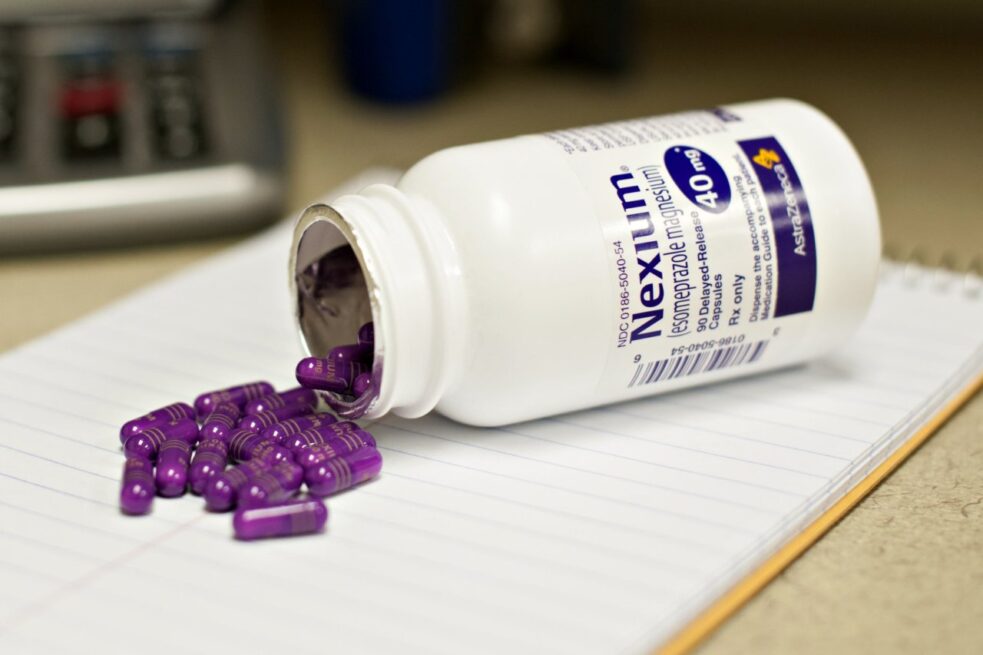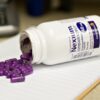Taking common heartburn medications, such as Prilosec and Nexium, may boost your risk for a stroke. The drugs, known as PPIs (proton pump inhibitors), have been associated with vascular issues such as heart attacks, kidney disease and dementia. Based on the medical records of more than 244,000 Danish patients who had received an endoscopy, those who were taking a PPI for heartburn had a 21% higher overall stroke risk, researchers said in a presentation at the American Heart Association’s annual meeting this week. The greater the dose of a PPI taken, the higher the stroke risk, they added, noting those who took the lowest doses of the antacids had only a slight or no increased risk. There was no higher risk with H2 blockers, another class of acid-reducing drugs that includes Pepcid and Zantac. Posted November 15, 2016. Via American Heart Association.
A top FDA official is defending the agency’s recent decision to approve a controversial drug even though the principal study included just 12 subjects, no placebo arm and questionable efficacy. Janet Woodcock, director of the FDA’s Center for Drug Evaluation and Research, told the Boston Globe that she is “very comfortable” with the decision to approve Exondys 51, the first drug to treat Duchenne muscular dystrophy. Although the FDA commissioner can make the final decision on a drug’s approval, it is widely understood that Woodcock’s recommendation to approve was accepted by the head of the agency. However, Woodcock admitted that the clinical study conducted by Sarepta, the developer of Exondys 51, “left so many questions.” But she noted, “You can have a pretty bad development program, and if you cross the finish line we might approve it anyway.” Woodcock added that input from patients also figures in the FDA’s decisions, calling them “experts in their diseases.” Posted November 16, 2016. Via Boston Globe.






